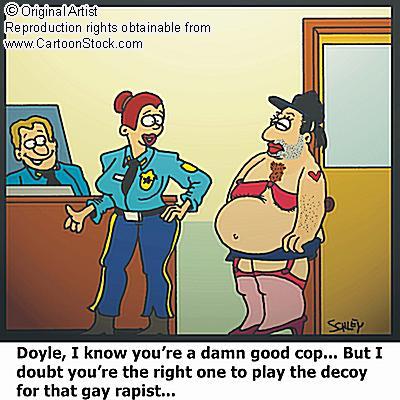 TRINIDAD - People who are sexually assaulted are being urged to seek medical attention as soon as possible as there is now treatment that can prevent HIV infection.
TRINIDAD - People who are sexually assaulted are being urged to seek medical attention as soon as possible as there is now treatment that can prevent HIV infection.This was disclosed by technical director of the National Aids Coordinating Committee (NACC) Dr Amery Browne to the Sunday Express.
Dr Browne said that once a rape is reported a series of investigations, examinations and clinical investigations are done and special interventions are made to reduce the risk of pregnancy, gonorrhoea, chlamydia, bacterial vaginosis and HIV infection.
"Even after sexual assault there is much hope in terms of preventing pregnancy...a range of sexually transmitted infections and the big one which is HIV," he said.
He noted that the treatment to prevent HIV infection consists of similar drugs to those used for the standard treatment for people living with HIV, with a few stipulations and conditions. It is called post prophylactic HIV treatment and is given for a limited duration, usually 28 days, in a simplified dosage regime of two to three antiretroviral medications or ARVs.
Browne stressed that it should be initiated as soon as possible after the assault, "the sooner the better", and ideally within the first 36 hours. He noted that after 72 hours it is much less likely to be effective.
He recalled that at one of the World Cup qualifying football games he got a call about the rape of a young woman.
"This particular young lady was given anti-retroviral treatment, she was followed up and she was subsequently HIV negative," he said.
He described the treatment as "highly effective" and though studies vary, some find over 79 per cent rate in reducing HIV infection in cases of sexual assault.
Browne noted that there is a protocol in place at public health facilities and local DMOs and relevant nurses were quite familiar with the treatment and reducing risk of HIV infection subsequent to sexual assault.
As in all medical interventions a detailed history is taken of the incident to indicate to the clinical degree of risk associated with the particular exposure, including the type of assault, whether there was penetration, oral, anal or vaginal intercourse, any bleeding or trauma, whether a condom was used, ejaculation and duration of exposure.
Professionals also check the prior HIV status of the victim, the last time she was tested for the virus, information about assailant, knowledge of assailant's disease history and whether or not the individual is available for HIV screening. Browne noted, however, that it was voluntary on the part of the assailant unless there was a court intervention.
An assessment is done whether or not there was significant possibility of HIV exposure and based on clinical judgement of the attending physician, at times with expert advice and with reference to existing guidelines, a decision is made whether or not to initiate HIV prophylaxis.
He said the treatment is given under expert management and normally the patient is initiated on the treatment and referred to a HIV clinic for the follow-up period. Browne noted that it was very important for close follow up of patients regarding serial HIV testing, monitoring for toxicities and possible adverse reactions to the treatment.
He also stressed that it was very important that information be provided to the patient on initiating the treatment as they need to know why they are taking it, be consistent in taking it, the potential for side effects and to be properly counselled, an important part of any assault work up or management of post assault.
One of the places that provides this type of counselling is the Rape Crisis Crisis Society of Trinidad and Tobago. Its president Marcella Alcala told the Sunday Express that when a rape survivor called them, together with "walking them" through the process of going to the hospital and making a report to the police, they were also advised to take tests for HIV/AIDS and informed about the ARV treatment and the time factor involved.
She said they were also informed about emergency contraception which was not an abortion but prevented pregnancy by stopping fertilisation.
Browne noted that all the treatment to prevent HIV and the follow-up was completely free of charge and added that there would be a similar recourse for people accidentally exposed to the virus.
Browne noted that it was very important that individuals who are raped, whether male or female, adult or child, were aware of HIV prophylaxis and encourage increased reporting of sexual assault to the relevant authorities.
He commented that there was a degree of under-reporting of sexual assault partly due to the stigma associated with it and also a sense of fatalism by some victims.
Alcala commented that she was unsure that everyone knew about the ARV treatment for victims of sexual assault though it formed part of the Society's public education and awareness programmes. She explained that most people's attitudes was "that will never happen to me", and usually did not take interest in the information they presented until something happened to them or someone close to them.
"Even if rape has occurred, there are interventions that can prevent many of the consequences of rape."
from Trinidad & Tobago Express
No comments:
Post a Comment